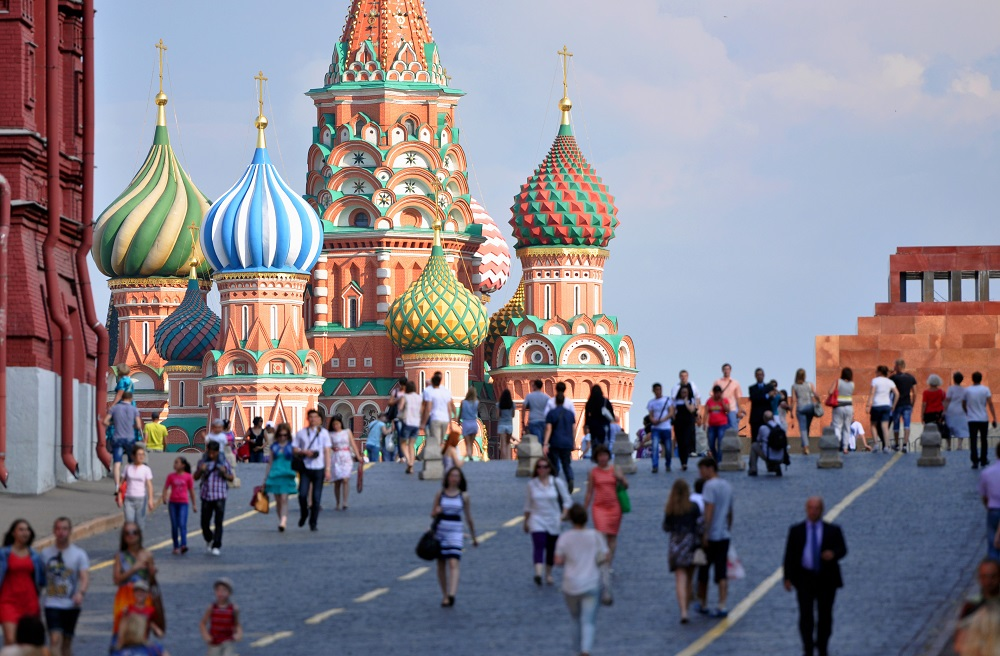The first cultural fact that visitors usually learn when on Russian holidays is that the Russian people are great hosts and love people to visit their homes. At formal events or when welcoming important visitors, guests may be greeted by the Russian host holding a loaf of bread with a salt cellar on top. Bread symbolises life to the Russians. To be without bread is a sign of poverty and hardship.
Visitors on a Russia tour may see other types of symbolic and cultural food offered at meals. Black caviar symbolises plenty. Russians love mushrooms and will scour the forests for their favourite wild mushroom. Mushrooms and berries represent the bounty of the forest while the ubiquitous drink of vodka acts as a conduit for friendship and camaraderie.
While on Russian holidays, visitors should accept an offer to visit a Russian’s home. Accepting this invitation will please a Russian to no end. Visitors on a Russia tour can expect to eat a meal usually consisting of potatoes and cabbage, carrots or beets. A hard sausage called kolbasa may also be served while other possibilities include chicken, salted fish, pork or beef. Expect numerous servings of vodka while visiting, usually preceded by elaborate, sentimental and, at times, humorous toasts. A good amount of food and drink can be consumed as a meal prepared for a guest can often go on for six hours or more.
Another cultural tradition for tourists on Russian holidays to sample is a Russian bath called a banya, which is more or less the Russian equivalent of a sauna. Bathers in a banya sit on wide benches in a room heated with steam from water splashed on heated rocks and often beat themselves with bundles of twigs before taking a refreshing dip in a cold water pool. The banya is considered a spot to communicate and grow close as friends so expect to get involved in a few conversations regardless of your ability to speak the language!
The samovar is also an indispensable part of Russian culture. This a traditional oven used to heat water for tea and set the mood for hospitality and pleasant chatter. It’s rarely used now, but visitors on a Russia tour may often spot one sitting in the middle of a table to honour Russian ancestors.
The Russian family can be large and extended and tourists on a Russian holiday should expect to meet parents, grandparents, aunts, uncles, nieces and nephews. As a new guest in a Russian home, visitors will be the focus of curiosity. Meeting a large family on a Russia tour will tax a visitor’s ability to drink copious quantities of vodka as they are toasted and feted by every family member. Za vas is the Russian toast that will be heard over and over.




